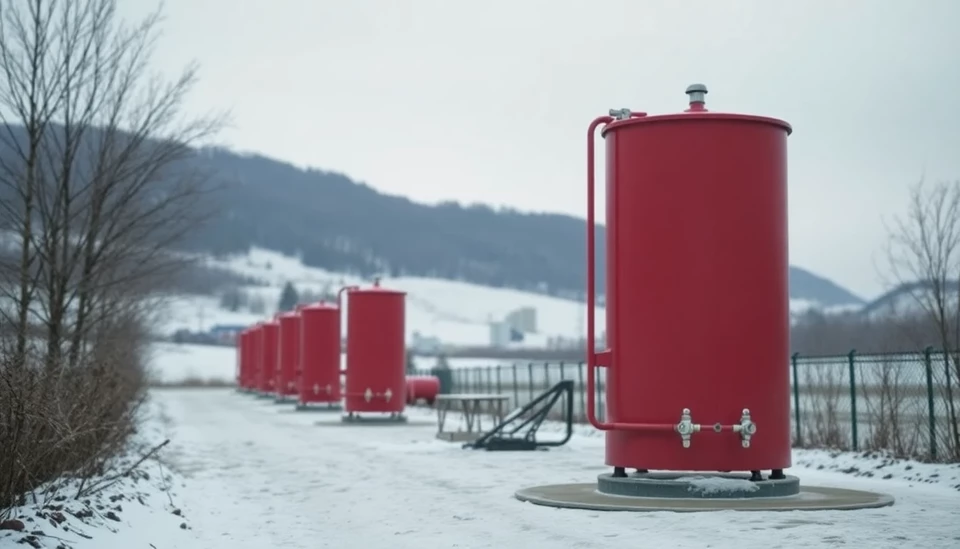
As Europe experiences an unusually warm February, experts suggest that this weather phenomenon may ease the pressure on gas storage facilities across the continent. The mild temperatures are expected to mitigate the sharp decline in natural gas inventories that have been concerning analysts and energy suppliers alike.
The combination of mild weather and reduced heating demand has been a significant factor in stabilizing gas levels, providing a welcome relief to storage sites that had been declining at alarming rates. With many European countries grappling with the ongoing ramifications of geopolitical tensions impacting energy supplies, the current climatic conditions offer a brief respite from the stresses created by the fluctuating natural gas market.
Experts from various energy sectors have noted that the warm spells are not merely short-term anomalies but are characteristic of changing climate patterns. This shift could signify longer-term challenges for energy suppliers and policy-makers as the continent works to ensure energy security amid unpredictable global supply chains.
In recent weeks, data has shown that gas inventories have maintained levels that are significantly higher than those recorded in earlier years, particularly during the harsh winters that have historically strained energy resources. Additionally, analysts have pointed out that reservoirs are at approximately 70 percent capacity, which is an encouraging sign for the upcoming months.
Moreover, the increased reliance on alternate energy sources, as many European nations pivot towards renewable energies, further alleviates pressure on gas dependency. The growing investment in wind and solar energy infrastructures contributes to a more sustainable energy model that could potentially lessen the impact of any future energy crises.
Despite the current situation appearing stable, stakeholders remain cautious. They emphasize the importance of preparing for potential disruptions fueled by future geopolitical events or unexpected weather changes. Energy analysts advocate for increased diversification of energy sources alongside building robust storage capabilities to enhance resilience against these shifts.
The mild February weather, while beneficial for gas storage recovery in the short term, underscores the need for a forward-thinking approach towards energy management in Europe. Policymakers and energy providers are thus urged to continue implementing strategies that promote sustainability and guard against unforeseen energy supply shocks in the coming years.
In conclusion, the combination of warmer weather and effective management strategies might lead to improved gas storage levels, but vigilance and adaptability remain crucial as Europe navigates the complexities of its energy landscape.
#EuropeGasStorage #NaturalGas #EnergySecurity #ClimateChange #RenewableEnergy #EnergyFuture
Author: Peter Collins




